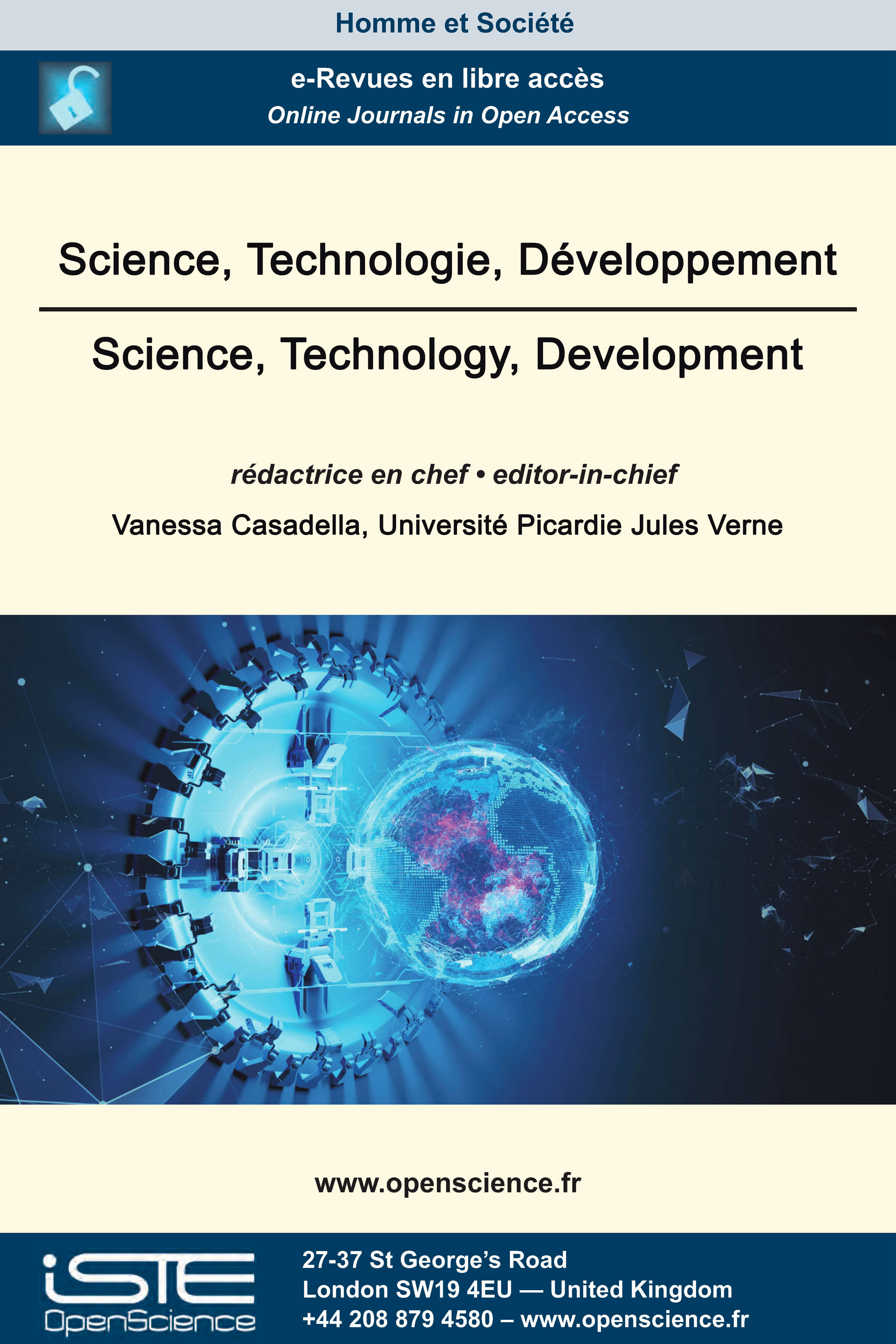Science and technology for economic development
In 1986, Jean Jacques Salomon wrote in the Tiers Monde review that “many developing countries which benefit from developed industrial and university infrastructures will be able to make mastering the use of these new technologies, one of the major priorities of their scientific and technical effort ”(Op. Cit, p.222). Almost thirty-five years after these comments, what about the efforts made? Have S&T policies really taken into account economic and social realities and adapted their research orientations to the major current issues to be addressed?
First of all, on S&T indicators, if we take a closer look at the latest UN reports, in particular that of UNESCO of 2015, we are still surprised to perceive the great heterogeneity of situations and economic models in terms of these issues. While it is commendable to note a generalized growth in the number of researchers at the world level, five large territories represent 72% of researchers: European Union, China, United States, Japan and Russia. Certain “transition” or intermediate countries, such as China or Russia, have gained ground, encouraged by (pro) active S&T policies (funding of excellence programs, rapid increase in expenditure and investment in R&D), and this, to achieve a form of technological independence, even wishing to make other countries dependent on their own technologies.
However, the aforementioned performances are not all indicative of current savings. In Latin America, the situation is contrasted with a desire to display S&T policies as priorities while showing modest results in terms of the number of patents or the volume of R&D. In West Africa, the structural difficulties of this region make it impossible to devote more than 1% of its GDP to higher education. The research has little impact, and the lack of visibility and national strategy are clearly highlighted. In East and Central Africa, the situation is less worrying with a stronger interest in S&T with countries such as Ethiopia, Rwanda, or Kenya showing one of the highest R&D intensity in Africa. In South East Asia and Oceania, four countries provide a high share of R&D: Singapore, Australia, the Philippines and Malaysia, due to the presence of large multinational companies in the region. Finally, and among others, the Arab countries have a relatively low R&D intensity, especially in the rent-dependent countries.Nevertheless, many countries have increased their R&D efforts and increased their research intensity. Now it remains to be seen for whom and for what purposes is S&T filmed. In other words, for what issues does S&T act and in favor of which actors. These questions are all the more important as they are currently correlated with the issue of inclusive and sustainable development. Because S&T must be associated with economic development, just as economic development must integrate S&T issues in order to last. How to reconcile R&D efforts and economic development without neglecting the gender dimension in a certain number of countries where women are under-represented in S&T policies? The case of certain Arab countries clearly demonstrates this. How to reconcile R&D effort and economic development without legitimacy given to sustainable development? Southern Africa has chosen it well because of the region’s common desire to put S&T at the service of sustainable development. Finally, how to reconcile R&D efforts and economic development while prioritizing the fight against poverty? The example of India is frequent, where frugal inventions are booming responding to a mass market.
To this end, and in view of the importance of these current questions, we are proposing a new review: “Science, Technology, Development”, which, while responding to issues related to S&T do not forget their impact on the well-being and development of populations. This review, in ISTE editions, is available at the following link: http://openscience.fr/Science-Technology-Development and will present relevant studies on current development issues beyond the strict framework of economic growth. It aims to answer the multiple questions of Science and Technology in the service of sustainable Economic Development.
Vanessa Casadella, University of Picardy Jules Verne, RRI
References
ONU, Rapport de l’UNESCO sur la science, vers 2030, 2015, Paris.
SALOMON Jean Jacques, 1986, Sciences, Technologie et Développement, le problème des priorités. Revue Tiers Monde, 105, p.213-222.
 |
|

